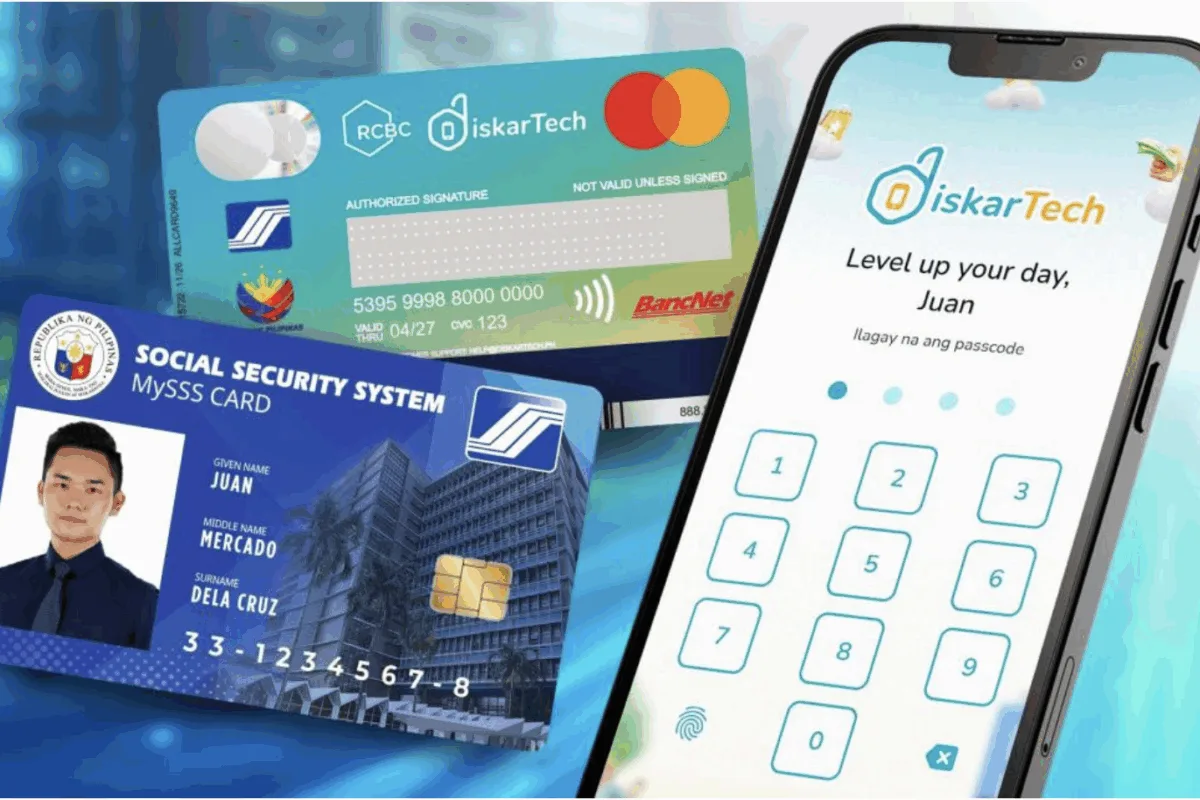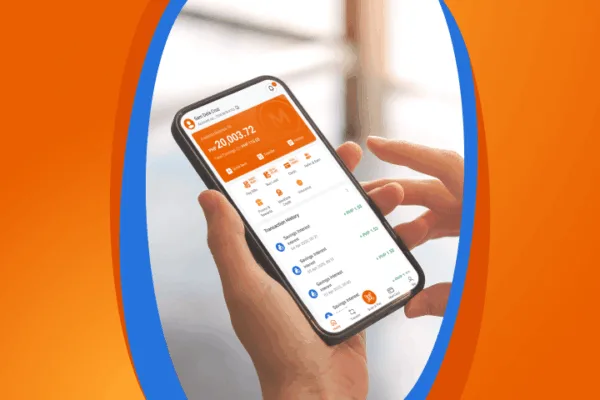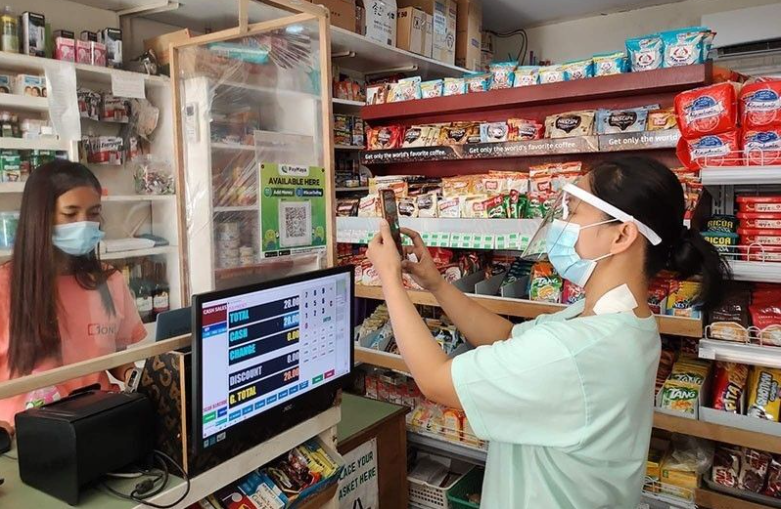The Social Security System (SSS) has teamed up with Rizal Commercial Banking Corporation (RCBC) to roll out a digital microloan facility that promises faster and more convenient access to short-term funds for Filipino workers.
Now available through RCBC’s DiskarTech app, the new facility advances the government’s push to modernize and simplify borrowing for millions of SSS members, particularly those who often rely on small, immediate credit for day-to-day needs.
Microloan terms and features

Under the program, eligible members can borrow up to ₱20,000, with repayment options ranging from 15 to 90 days. The loan carries an 8% per annum interest rate, positioning it as a more affordable short-term credit alternative for workers seeking quick liquidity.
Approved microloans are disbursed directly into the borrower’s RCBC DiskarTech account, eliminating paperwork, long queues, and manual processing. The fully mobile setup supports the growing demand among Filipinos for fast and frictionless digital financial services.
Eligibility and application process

Members must have an active and enroll it as their designated disbursement channel via the . This ensures smooth fund transfer once the loan is approved.
To access the microloan, members must have an active DiskarTech account and enroll it as their designated disbursement channel via the SSS Member Portal or the MySSS app.
Applicants are also required to have a PhilSys national ID, which is used to verify their identity and security credentials. Once verification is completed in-app, members can submit their loan applications digitally without visiting any SSS or RCBC branch.
Strengthening digital inclusion

The initiative represents a broader national effort to expand financial inclusion, offering underserved and low-income workers a secure mechanism for addressing emergencies or short-term cash needs.
While digital lending accelerates access to credit, SSS and RCBC note that responsible borrowing and strict identity verification remain essential to safeguarding members.
Still, the program marks a significant step forward in public–private collaboration aimed at widening access to inclusive, tech-enabled financial services in the Philippines.







